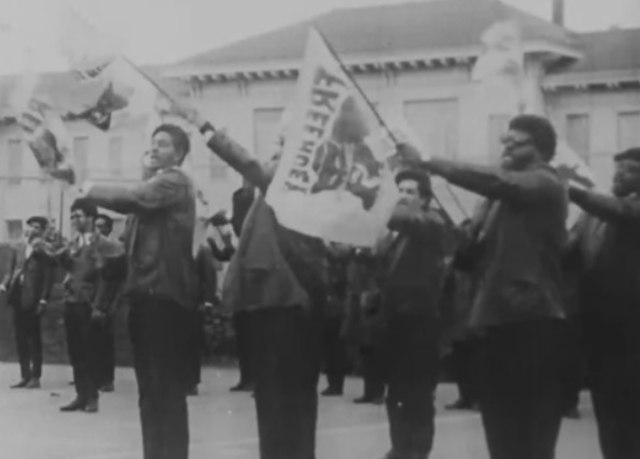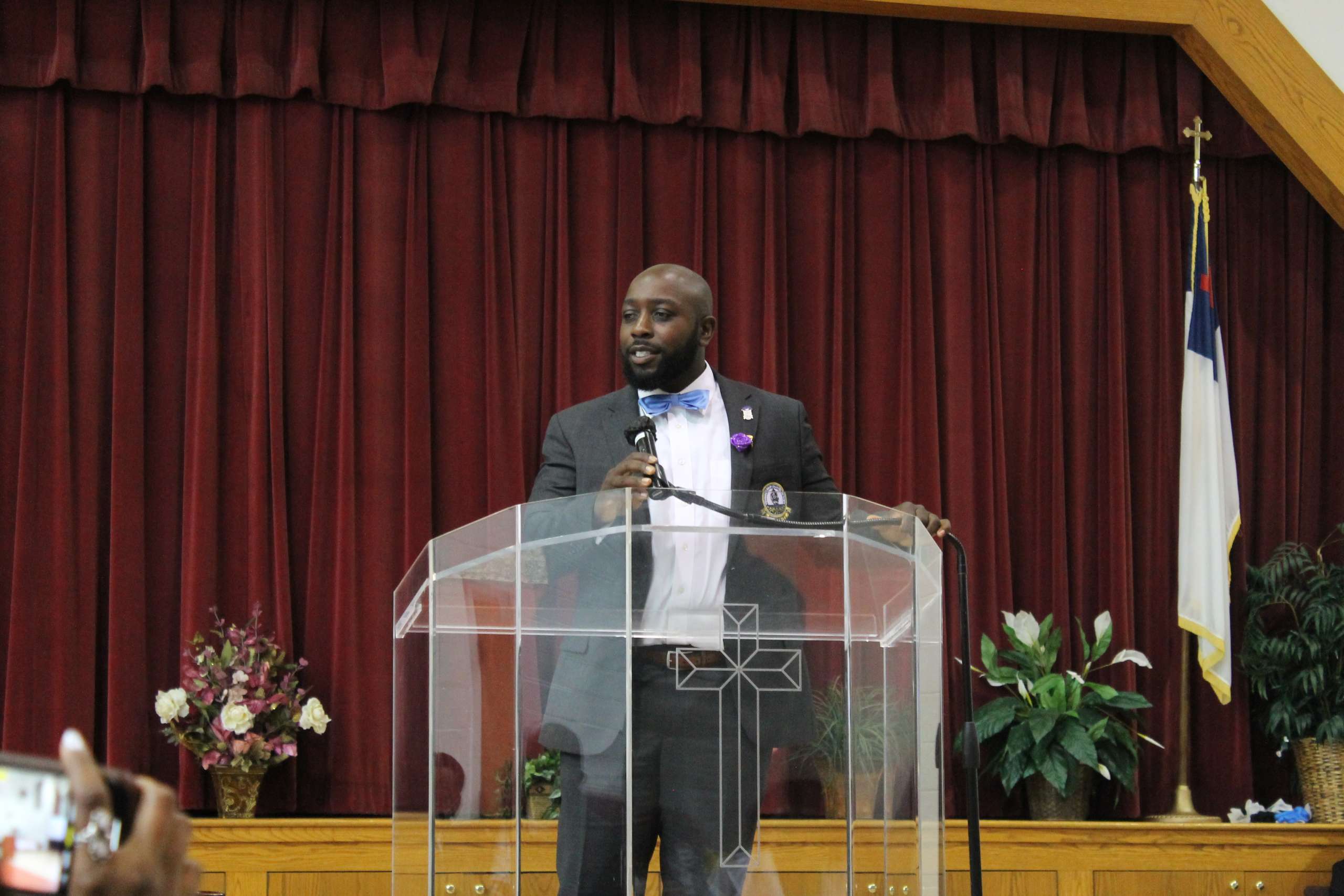Did a former Black Panther really endorse Trump?
by Phil Lewis, What I’m Reading
David Hilliard, a former leader of the Black Panther Party, appeared to endorse Trump in a social media post. However, his grandson says that’s not the case.
Right-wing social media accounts are promoting an interview with an ex-Black Panther that appears to show him endorsing President Donald Trump for president. However, the man’s grandson is claiming the viral interview is not what it seems.
In a TikTok post, a woman named Carol D. Mitchell interviewed former Black Panther David Hilliard, who said he knew the Republican candidate for president when Trump was a college student in the 1960s. “Trump is a person who’s a decent man, and he supported the Black Panther Party,” Hilliard, who served as chief of staff of the Black Panther Party, reportedly said. “He was someone who gave us money.”
“Trump’s a friend of African Americans, and I knew Trump from the 1960s in New York, where he comes from and he’s a friend to African Americans. He’s a decent man,” Hilliard, 82, continued. “I mean he’s not a racist. He’s not a racist, fascist, white man. He supported Black people.”
Right-wing social media accounts quickly latched on to the interview, sharing Hilliard’s words. One account that says, “BREAKING: Black Panthers founding member David Hilliard is backing Donald Trump for president, calling him an ‘ally of the black population,’ has over 2 million impressions on X, the social media platform formerly known as Twitter.
The interview was also picked up by Newsweek and The Daily Caller.
However, Hilliard’s grandson, Eric Jones, is alleging that his grandfather was not fully aware of what was happening during the interview. “He would absolutely not be aligned with any of Trump’s politics,” Jones told What I’m Reading. “People should understand that he is not a supporter of, or affiliated with anything that Trump has done in this modern era.”
Jones, who said his grandfather lives in a senior community in Oakland, California, explained that Hilliard was interviewed by a woman who recently moved into the community. That woman appears to be Mitchell, whose social media account on X is filled with reposts supporting Trump.
“My grandfather doesn’t support Donald Trump,” he wrote on social media. “This is just senior abuse. This lady really is awful for doing this.” Jones then uploaded a video next to Hilliard, where the senior explained that Trump owned properties in the 1960s and that’s how they became connected.
“The lady who interviewed my grandfather did so without any permission. This was done to take advantage of my grandfather who suffers from dementia and create a fake narrative in which he endorses/supports Trump in today’s political climate,” he continued.
Jones told What I’m Reading that Hilliard isn’t even aware that Trump is a politician and that his grandfather has been grappling with cognitive issues since 2014. He said Mitchell will receive a cease and desist letter to prevent any further communication with his grandfather.
Hilliard was one of the founding members of the Black Panther Party in the 1960s, and was childhood friends with Panther leader Huey Newton. He joined Newton and Bobby Seale following the assassination of Malcolm X and the Watts rebellion of 1965.
In 2004, Hilliard spoke with Rachel Cernansky of Satya Magazine about the Party’s impact on change in America.
“Revolution is not a conclusion. It’s not an act, it’s a process. The BPP realized it could not change society itself, it takes the masses of the people, and it’s a long, protracted struggle. Our organization lasted ten years. And it was one of the most assailed. We were the target of the most vicious FBI oppression of political organizations: out of nearly 300 targets of attack, 79 percent were against our movement. We were driven into exile, some 40 are still in prison, 28 of us were murdered.”
“So no, we didn’t change America, but we did our best, we made great sacrifices, more than anybody else in the Civil Rights movement. But struggle is a continuum. We didn’t make the revolution, we promoted the process. By giving our lives.”


